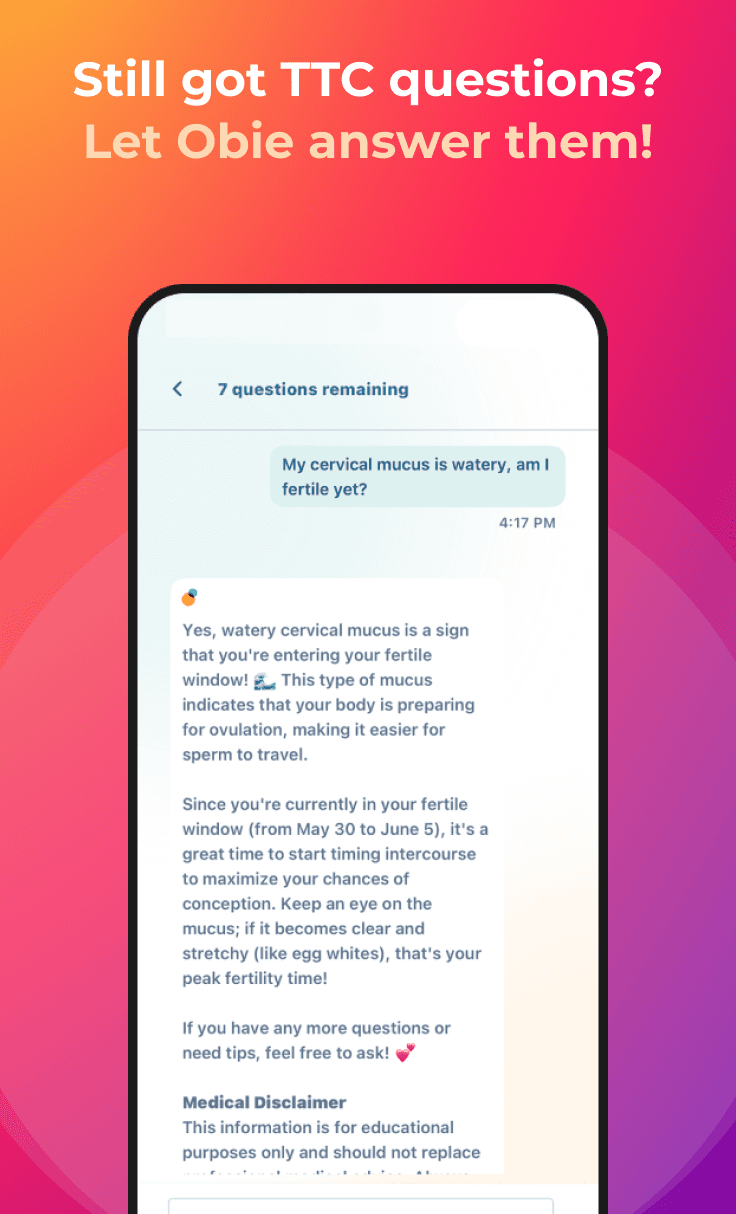Cycle Day 3 Fertility Testing
Fertility Awareness
Obie Editorial Team

Follicle Stimulating Hormone (FSH) is produced by the pituitary gland and is responsible for the egg maturation process. High day 3 FSH levels are associated with diminished ovarian reserve. The cycle day 3 CD 3 hormonal testing for fertility and infertility is referred to as "day 3 blood work."
Starting the female fertility evaluation can feel overwhelming and cycle day 3 hormone testing is usually the very first test done in a woman.
Hormone testing is generally performed on menstrual cycle day (CD) 3 (or 2 or 4) and is done by a simple blood test. CD 1 refers to the first day of full flow menstrual bleeding and not spotting.
Hormonal testing is referred to as "cycle day 3 (CD3) blood work."
Generally, the following hormones are measured:
- Follicle Stimulating Hormone (FSH) - is produced by the pituitary gland and is responsible for the egg maturation process. High day 3 FSH levels are associated with diminished ovarian reserve.
- Estradiol (E2) - is produced by the ovary and levels should be low in the early part of the menstrual cycle. High day 3 levels may indicate a cyst in the ovary or diminished ovarian reserve.
- Luteinizing Hormone (LH) - is produced by the pituitary gland and levels are increased before ovulation. An LH/FSH ratio of greater than 2:1 or 3:1 may be diagnostic of Polycystic Ovarian Syndrome (PCOS).
- Prolactin - Both the luteinizing hormone (LH) and follicle-stimulating hormone (FSH) are necessary for ovulation. If, for example, hyperlactatemia is caused by a prolactinoma, a tumor in the pituitary gland, then this could interfere with the secretion of LH and FSH. Any change in LH and FSH can cause ovulation and menstrual abnormalities. The normal range for hormone levels will vary between laboratories.










